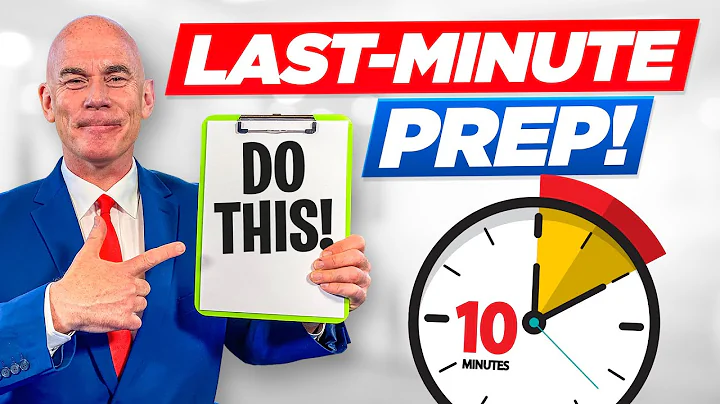One of the most vital documents in anyone’s possession is their resume or CV.
It serves as both a record of past achievements and a marketing tool to showcase your potential. Strangely, many of us often neglect the task of updating it properly.
Throughout the years, we’ve come across a vast number of CVs that clearly appeared to be unchanged legacy documents with new job entries tacked onto the top. Alternatively, they were freshly created files using template software
– Abundant in graphics but lacking in substance.
Irrespective of your background, level of seniority, or industry,
there are certain fundamental principles to adhere to when crafting your CV:
1. Keep your resume concise, ideally under four pages
Without going overboard, if you are a senior finance professional with over 15 to 20 years of experience, you should aim for a 2-page CV that focuses on recent roles and provides concise summaries.
Recruiters, HR professionals, and hiring managers are all pressed for time and often have to sift through dozens, if not hundreds, of CVs daily.
A lengthy CV can be overwhelming and discouraging, leaving two negative initial impressions: either you couldn’t be bothered to edit your resume properly, or you lacked the awareness that such extensive documents are inappropriate.
Read this LinkedIn article to find out more!

Source: https://www.linkedin.com
2. Ensure your resume is visually clear and legible
It’s astonishing how many resumes assault the reader with an array of typefaces, font colors, font effects (e.g., bold, underline), graphics, and more.
A well-written document with a clean presentation is far more effective than trying to grab attention with visual elements. This doesn’t mean you can’t have some variety, but it’s essential to maintain consistency and effectiveness. From my experience, it works well to use bold for highlighting companies and dates, and italics for job titles, or vice versa.
Bullet points can be circles, stars, numbers, or dashes, but they should remain consistent throughout your document.
For example, seek inspiration from this resume template from Enhancv.
Alternatively, click here to learn more resume-writing tips!
3. Include pertinent information on your resume
List your employment history, including company names, dates, job titles, and key responsibilities. Highlight significant achievements and quantify your results with data (e.g., staff managed, sales generated).
Consider including relevant internships, volunteer work, or academic experiences. Related Reads!
4. Review and Roleplay
After creating your resume, we suggest engaging in two straightforward roleplay exercises:
First, cover up your name on the resume and imagine it belongs to your friend Lincoln, seeking your advice. How do you feel about the resume’s appearance? Does it convey essential information clearly? Would you recommend it?
Next, cover your name again and envision you are in the position to hire for your team, with the resume being an applicant’s. Would you hire this individual based on the resume? Does it highlight the skills and experiences you’d expect from a potential interviewee?
Creating a resume often induces stress, mainly due to the discomfort of self-promotion. It’s remarkable how clarity emerges when you pretend the document isn’t about you. Watch these videos to learn how to properly role-play interviews!
We Can Help You!
In conclusion, creating a strong CV is essential to your job search.
By following these guidelines and utilizing the provided template, you can craft a professional and impactful document that showcases your skills and experiences.










